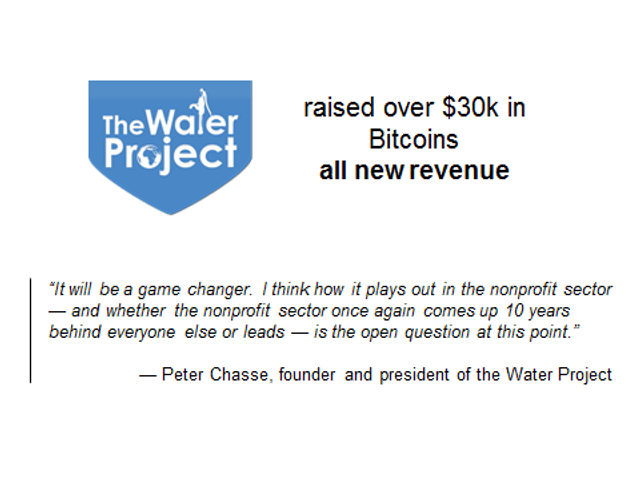Bitcoin for fundraisers
- Exhibited by
- A J Leon
- Added
- June 04, 2015
- Medium of Communication
- Online
- Target Audience
- Type of Charity
- Country of Origin
- USA
- Date of first appearance
SOFII’s view
SOFII always gives a loud cheer for innovation – and indeed some risk taking. Bitcoin sounds as if it could be a new way to raise money that is beneficial to the charity and the donor.
On a more cautious note, you should carry out extensive research to make sure that it is right for your particular organisation. Opinion varies as to its value; some even claim that interest in this digital currency is waning rather than increasing.
Summary / objectives
To discuss the pros and cons of accepting digital currency as a potential source of donations for nonprofits.
Background
Bitcoin is an open-source, software-based online decentralised payment system. In the presentation at SOFII’s third IWITOT in London, I wanted to look at how nonprofits are using this type of fringe technology to their advantage and why it might be useful for fundraisers to know about it in general.
Unlike conventional currencies, Bitcoins aren’t printed or minted – they don’t physically exist and are not controlled by a bank or government. Instead they are created and held electronically, allowing users to conduct transactions over the Internet. They form part of a growing category of money known as cryptocurrency.
Special characteristics
Bitcoin as it is an established and widely recognised digital currency. All you need to receive Bitcoin donations is an Internet connection and bit of time to set up an account. It has no transfer fees so the charity receives 100 per cent of any donation that comes through that channel. However, it is a completely new type of currency and is, therefore, experimental by nature and should only really be used with something a ‘Bitcoin wallet’( a little like a PayPal account), which immediately converts Bitcoin donations into conventional currencies.
Influence / impact
Although Bitcoin is a new currency, when you consider that there are currently around 12 million Bitcoins in circulation and that each Bitcoin currently represents around $600 USD it should at least be considered as a potential way to find new donors. Bitcoin could also be an interesting in-road to recruit young donors.
Costs
It costs very little but takes a small amount of investment in education to get your head around setting up an account to receive Bitcoins. However, as the currency is very unstable, Bitcoin donations should be immediately converted into a conventional currency to save the donation from fluctuating in value.
Results
There are already a number of blueprints for charities accepting Bitcoin through Coinbase. One of these is the NGO Water Is Life, whose CEO Peter Chasse is a self-declared ‘tech-geek’. Chasse began accepting it as a form of payment last year and so far it has raised $30,000 in Bitcoins - all of it new revenue. The donated currency is immediately converted into dollars and recorded as a noncash gift, much like stock would be treated.
In December 2013 the educational charity Woodcraft Folk in the UK began accepting the currency. The following year RNLI was the first major charity to join in. It would appear that neither has, as yet, received substantial amounts.
Merits
It is an interesting, new and experimental form of online fundraising. Maintaining a grasp of the fringes of technological developments such as Bitcoin is important for nonprofits, which should always seek to incorporate the digital world into their traditional fundraising methods.
A J Leon's presentation of Bitcoin in fundraising at SOFII’s IWITOT London 2014
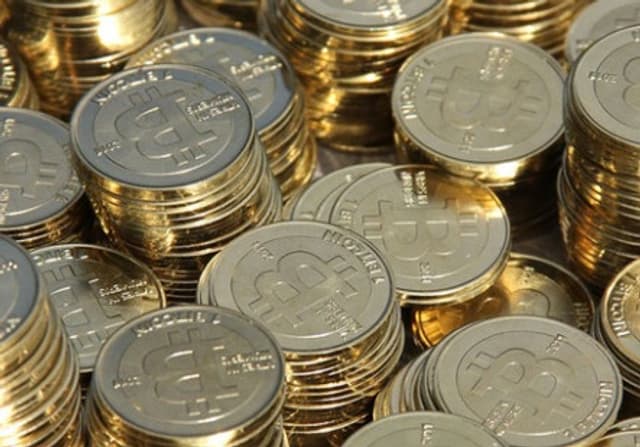
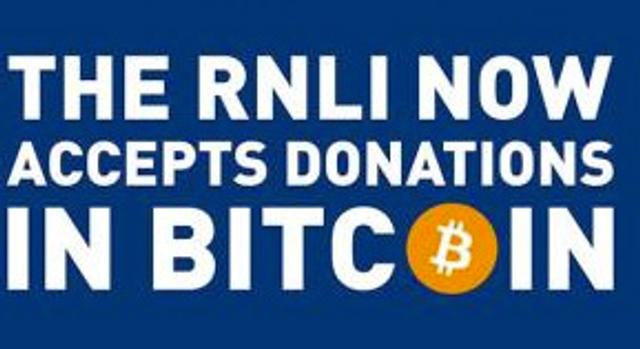
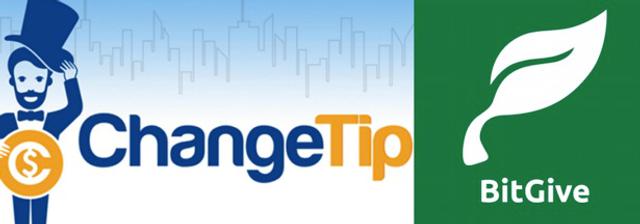
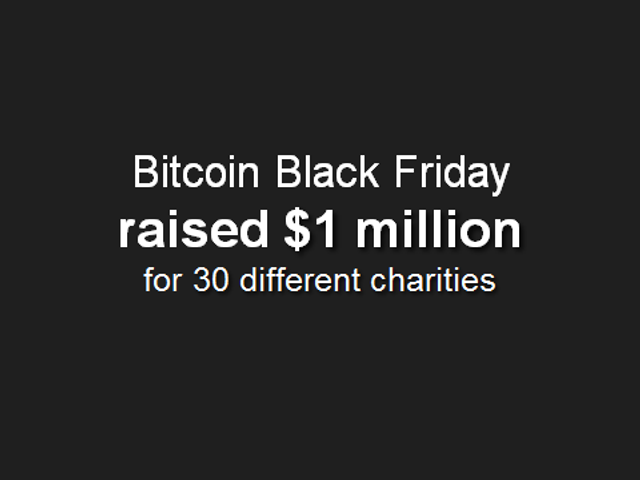
Also in Categories
-
- Digital fundraising


